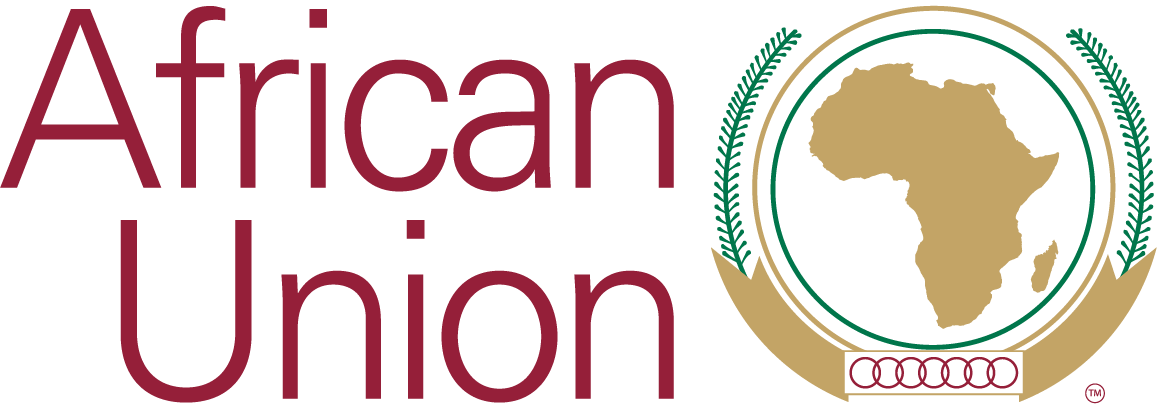African Union
Treaty Establishing the African Economic Community
Protocol to the Treaty Establishing the African Economic Community Relating to Free Movement of Persons, Right of Residence and Right of Establishment
- Published
- Commenced
- [This is the version of this document at 29 January 2018.]
Part I – Definitions
Article 1 – Definitions
For the purpose of this Protocol:"Assembly" means the Assembly of Heads of State and Government of the African Union;"Commission" means the Commission of the African Union;"Dependant" means a child or other person who, a national of a Member State is required to support and maintain as defined by the laws of the host Member State;"Executive Council" means the Executive Council of Ministers of the Union;"Free movement of persons" means the right of nationals of a Member State to enter move freely and, reside in another Member State in accordance with the laws of the host Member State and to exit the host Member State in accordance with the laws and procedures for exiting that Member State;"Member State" means a Member State of the African Union;"Regional arrangement" means agreements, measures or mechanisms on free movement of persons developed and implemented by regional economic communities;"Right of entry" means the right of a national of a Member State to enter and move freely in another Member State in accordance with the laws of the host Member State;"Right of establishment" means the right of a national of a Member State to take up and pursue the economic activities specified in Article 17(2), in the territory of another Member State;"Right of residence" means the right of a national of one Member State to reside and seek employment in another Member State other than their Member State of origin; in accordance with the national law of the host Member State"."State Parties" means any Member States of the African Union which have ratified, or acceded to this Protocol and deposited the instrument of ratification or accession with the Chairperson of the African Union Commission;"Territory" means the land, airspace and waters belonging to or under the jurisdiction of a Member State;"Travel document" means a passport which complies with the International Civil Aviation Organization standards for travel documents, or any other travel document identifying a person issued by or on behalf of a Member State or by the Commission which is recognized by the host Member State;"Treaty" means the Treaty Establishing the African Economic Community adopted in Abuja, Nigeria on 3rd June, 1991 and entered into force on 12th May, 1994;"Union" means the African Union established by the Constitutive Act of the African Union;"Vehicle" means any means in or by which a person travels, is carried or conveyed into, by land, the territory of a Member State;"Visa" means the authority granted to a national of a Member State to enter into the territory of the host Member State.Part II – Objective and principles of the protocol
Article 2 – Objective
The objective of this Protocol is to facilitate the implementation of the Treaty Establishing the African Economic Community by providing for the progressive implementation of free movement of persons, right of residence and right of establishment in Africa.Article 3 – Principles
Article 4 – Non-discrimination
Article 5 – Progressive realization
Part III – Free movement of persons
Article 6 – Right of entry
Article 7 – Entry in Member State
Article 8 – Designated or official points of entry and exit
Article 9 – Travel documents
Article 10 – African Passport
Article 11 – Use of vehicles
Article 12 – Free movement of residents of border communities
Article 13 – Free movement of students and researchers
Article 14 – Free movement of workers
Article 15 – Permits or passes
Part IV – Right of residence and right of establishment
Article 16 – Right of residence
Article 17 – Right of establishment
Part V – General provisions
Article 18 – Mutual recognition of qualifications
Article 19 – Portability of social security benefits
States Parties shall, through bilateral, regional or continental arrangements, facilitate the portability of social security benefits to nationals of another Member State residing or established in that Member State.Article 20 – Mass expulsion
Article 21 – Expulsion, deportation and repatriation
Article 22 – Protection of property acquired in host Member State
Article 23 – Remittances
States Parties shall through, bilateral, regional, continental or international agreements facilitate the transfer of earnings and savings of nationals of other Member States working, residing or established in their territory.Article 24 – Procedures for movement of specific groups
Part VI – Implementation
Article 25 – Cooperation between Member States
Article 26 – Coordination and harmonisation
Article 27 – Role of Member States
Article 28 – Role of Regional Economic Communities
Article 29 – Role of the Commission
Article 30 – Remedies
Part VII – Final provisions
Article 31 – Settlement of disputes
Article 32 – Signature, ratification and accession
Article 33 – Entry into force
Article 34 – Reservations
Article 35 – Depository
This Protocol shall be deposited with the Chairperson of the African Union Commission, who shall transmit a certified true copy of the Protocol to the Government of each signatory State.Article 36 – Registration
The Chairperson of the Commission upon the entry into force of this Protocol shall register this Protocol with the United Nations Secretary General in conformity with Article 102 of the Protocol of the United Nations.Article 37 – Suspension and withdrawal
Article 38 – Amendment and revision
Article 39 – Authentic texts
This Protocol is drawn up in four (4) original texts, in Arabic, English, French and Portuguese languages, all four (4) texts being equally authentic.Cited documents 0
Documents citing this one 1
Resolution 1
| 1. | Resolution on the African Continental Free Trade Area and the free movement of persons, rights of residence and right of establishment |
